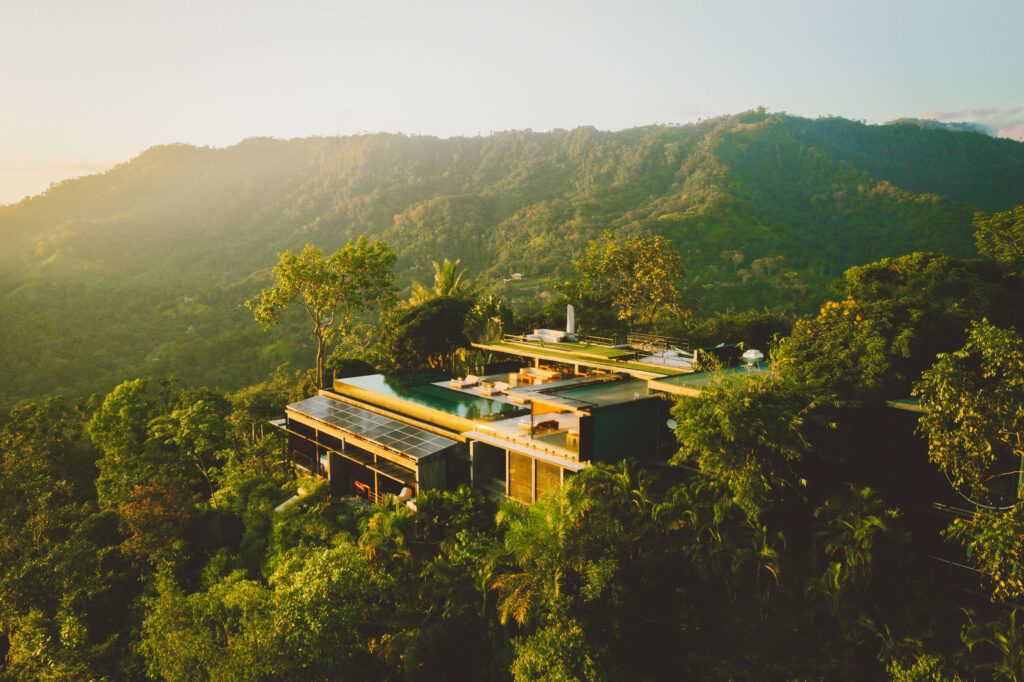Kura is the Boruca name for Jaguar.
Boruca, also known as Brunka or Brunca, is one of the many indigenous tribes in Costa Rica. Like many other tribes, they struggle to keep their culture and traditions alive. Enabling spaces to honor and commemorate their culture has been an important inspiration for the owners of Kura.

“The Boruca are an indigenous people living in Costa Rica. The tribe has about 2,660 members, most of whom live on a reservation in the Puntarenas Province in southwestern Costa Rica, a few miles away from the Pan-American Highway where it follows the Rio Terraba. The ancestors of the modern Boruca made up a group of chiefdoms that ruled most of Costa Rica’s Pacific coast, from Quepos to what is now the Panamanian border, including the Osa Peninsula. Boruca traditionally spoke the Boruca language, which is now nearly extinct.

Like their ancestors the Boruca are known for their art and craftwork, especially weaving and their distinctive painted balsa wood masks, which have become popular decorative items among Costa Ricans and tourists. These masks are important elements in the Borucas’ annual Danza de los Diablitos ceremony, celebrated every winter since at least early colonial times. The Danza depicts the resistance of the “Diablito”, representing the Boruca people, against the Spanish conquistadors.” Source: Wikipedia

Francisco Morales has been a Boruca craftsman for over 20 years. Once a month, we invite him to visit Kura and share his history and culture with our guests. Instead of just doing a presentation of the culture, our guests are active participants in crafting and painting the masks. “We hope that our confections can become a memoir of our culture. We want people to share our art with their loved ones so they can understand our culture. We want to grow and let our culture be known,” shared Francisco Morales.

In the Boruca community, everyone is taught a craft at a young age. As a way to keep their culture alive and express their traditions, typically, men are taught to craft masks while women are taught to weave. “Boruca has a long tradition of hand-dying threads from naturally found colors from sources including leaves of the sangrilla tree, bark of the carbonero tree, clay, indigo plants, and occasionally the ink of a mollusk. After spinning thread from locally-grown cotton, they use a loom to weave the thread into handbags, wall hangings, coin purses, and more”.

For Francisco, it was his sibling’s father who first taught him how to carve and paint a mask. Since then, he has been perfecting his craft. When the owners of Kura built the hotel more than 10 years ago, they were among the first of Francisco’s clients. You can see his artwork displayed in the rooms and public areas of the hotel.
Boruca’s main source of income is supported through artisan crafts and ecotourism. Enabling spaces for the Boruca community to display their work is not only a way to keep the culture alive but it becomes an important source of income for their families. Francisco is very grateful to have Kura as a space to interact with guests, showcasing his work and inspiring guests to share the Boruca culture with the world.


